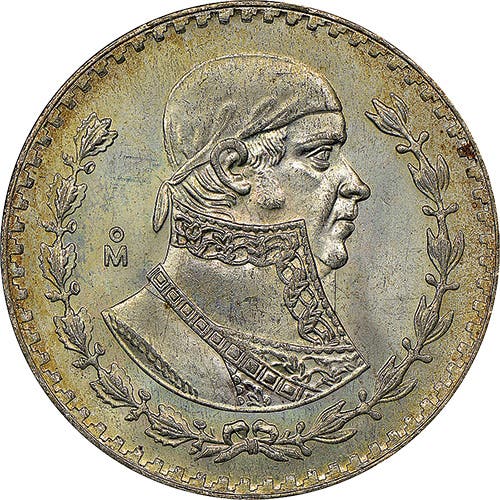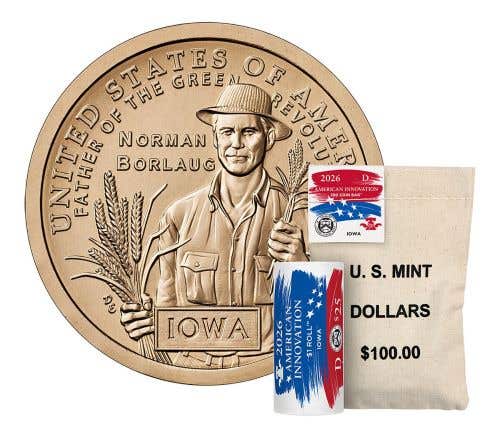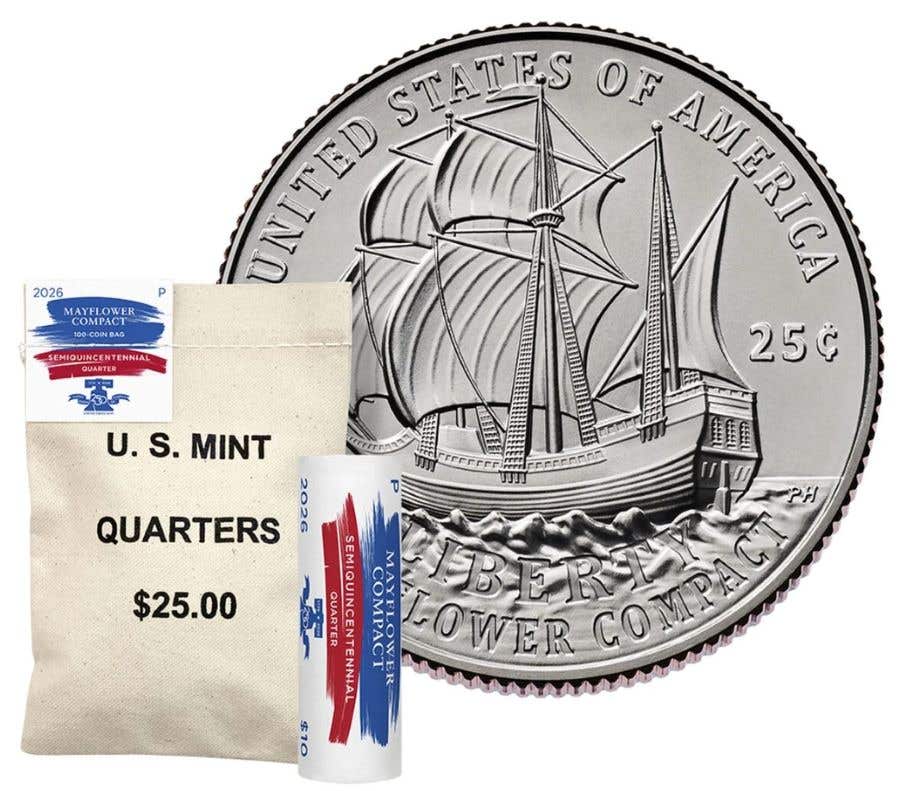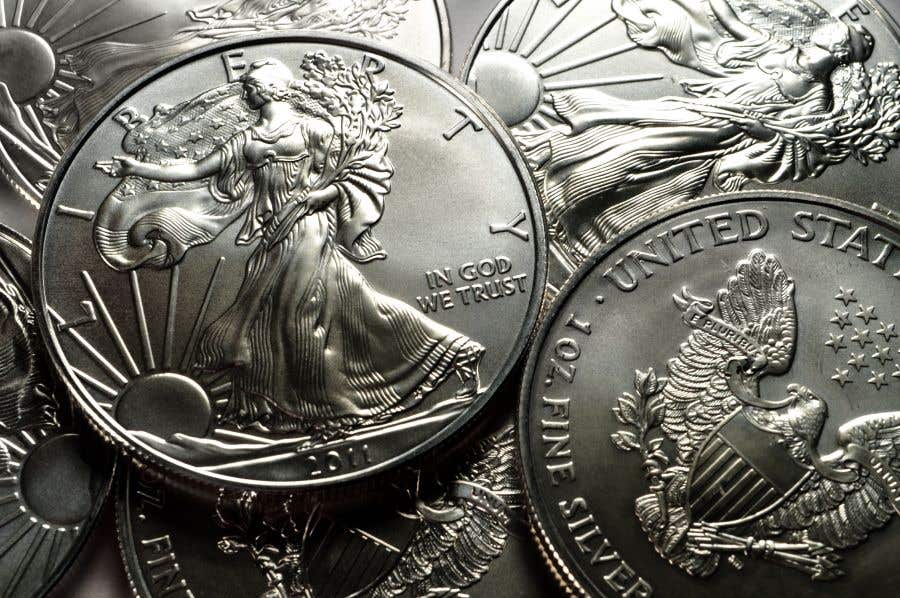Precious Metal Provenance is Important
A recent Treasury report highlights a compliance issue for the U.S. Mint, revealing gaps in documentation for newly mined U.S. gold used in coin production—a potential violation of federal laws mandating domestic sourcing.
The U.S. Mint recently collaborated with Stack’s Bowers Galleries for the third time, selling the entire 230-coin mintage of the Historic 230th Anniversary Flowing Hair High Relief Gold Coins featuring the "230" Privy Mark exclusively through the firm. Prices realized totaled $8,230,000.
According to the Mint’s latest report, the facility had 64 products outperforming their week-over-week sales leading up to Christmas. Kudos to them as well as to the collectors making purchases. The mint forged ahead and scheduled authorized bullion coin purchases of Gold and Silver American Eagle coins for January 6, 2025.
These are coins sold to a selected list of qualified, registered, authorized purchasers rather than to the general public or coin dealers. The price of these sales is based on the bullion spot price per ounce plus a premium at the time of the market closing on the day of purchase.
Here, the Mint may have an upcoming problem. In its recent semi-report to Congress, the Treasury Department’s Office of Inspector General found “that the Mint cannot ensure most gold coins produced are minted from newly mined U.S. gold in compliance with the Gold Bullion Coin Act of 1985 and the Presidential $1 Coin Act of 2005.” OIG auditors reported the compliance issues resulted from “the Mint’s lack of documentation from its gold refiners certifying the amount of newly mined U.S. gold acquired.
We also found it questionable whether the Mint’s methodology used to determine what constitutes newly mined U.S. gold is permissible under current U.S. law and that the Mint’s website represented certain gold coins as minted entirely from U.S. gold, which may mislead purchasers.” Documentation is the key, whether you are a collector concerned with the provenance of your coins or even if you are the U.S. Mint producing coins.
You may also like:









